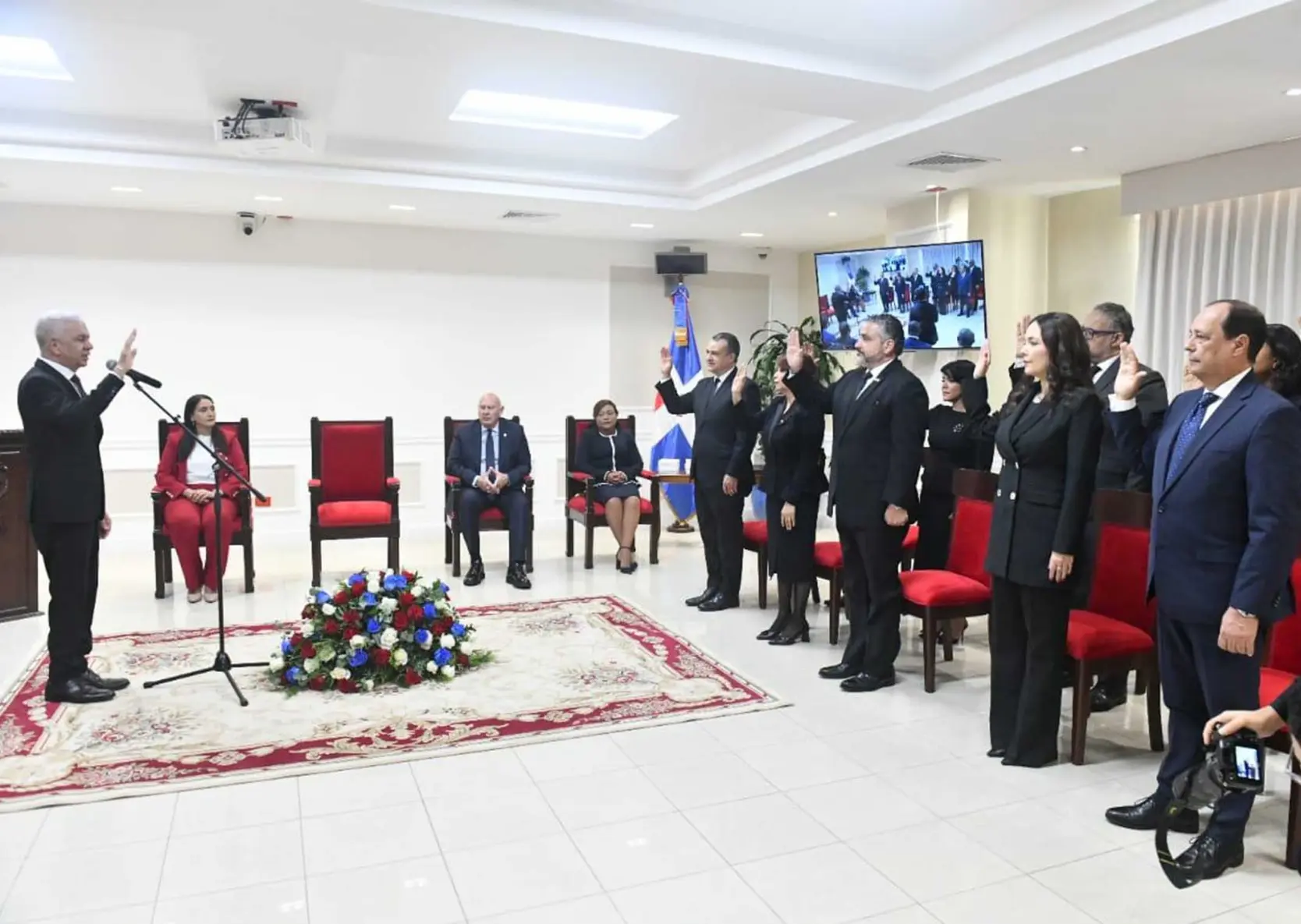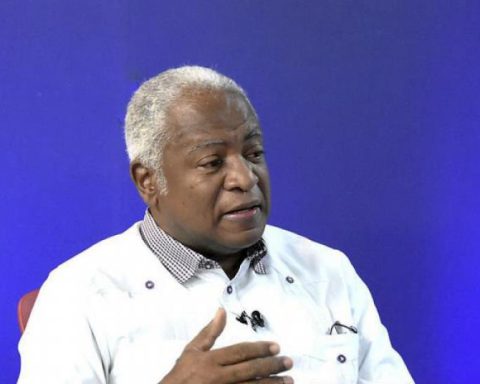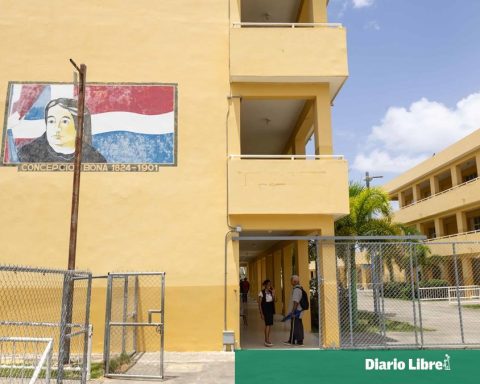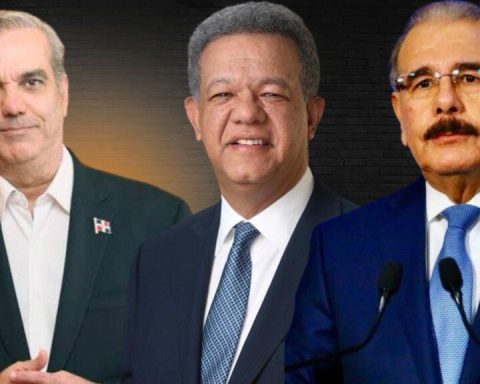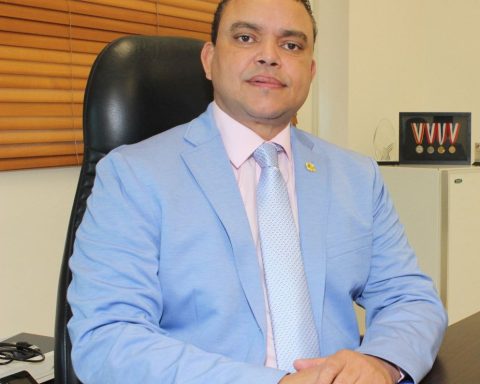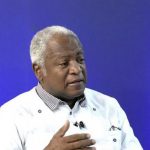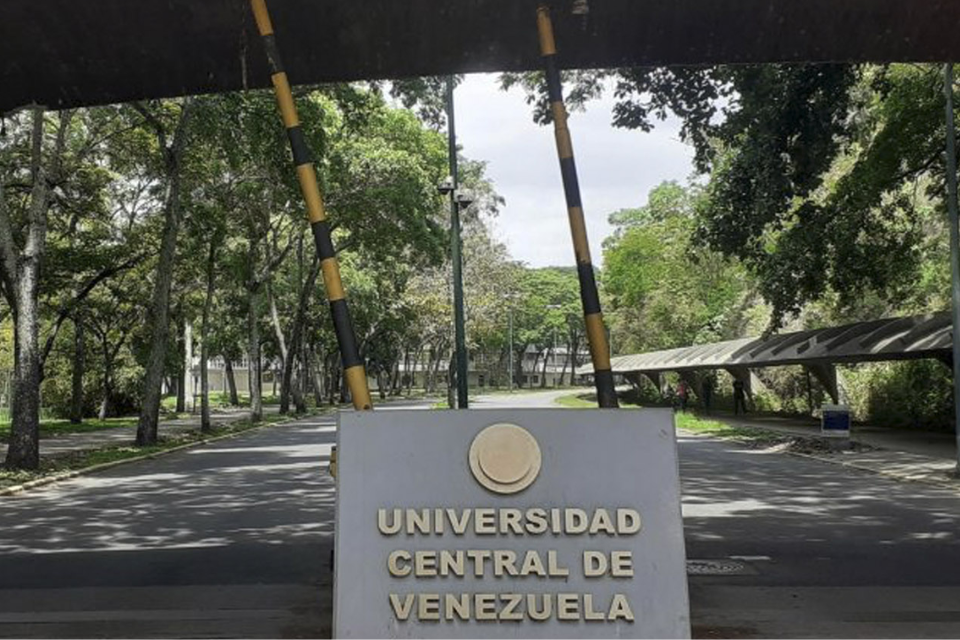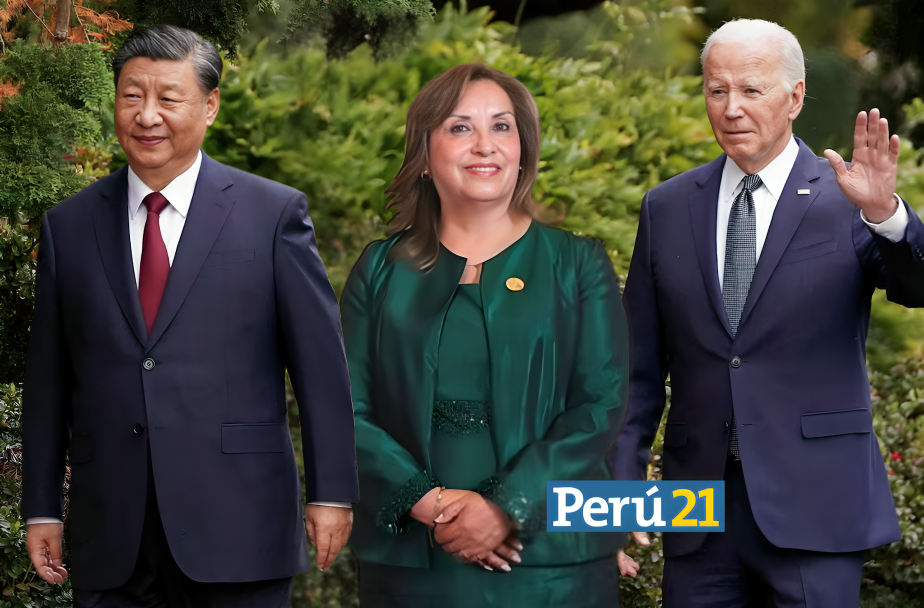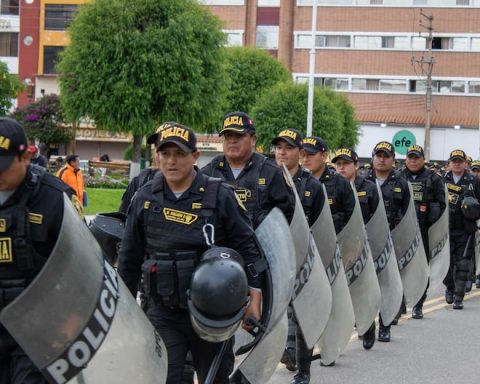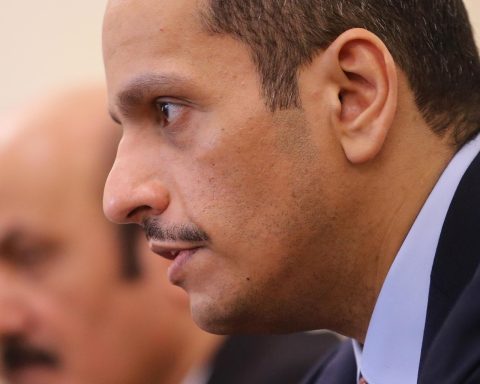The new members of the Central Electoral Board (JCE) and their substitutes for the period 2020-2024, were sworn in by the Senate of the Republic and positioned in the Plenary Session of that body.
The re-elected president, Roman Jaquez Liranzostated that the challenges of the electoral body in the next four years are directed towards the project of the new identity and electoral card, in polycarbonate, with five layers of security, an integrated chip and digital signature certification.
It is a State project for 2025, he said. He announced that another challenge that cannot be postponed is to build the building that will house the more than 500 thousand books with the first and second originals from the Civil Status Office and the Central Office, in which the identity of the Dominicans rests. He called to continue implementing Law 4-23, on Civil Status Acts, and to preserve the JCE at its levels of legitimacy and trust, as a regional reference for the electoral political stability of the Dominican Republic.
You can read: Omar Fernández reveals that Haitian women outperform Dominican women in deliveries in 63 hospitals

“Rest assured that our attachment will be to the Constitution and the laws, a basis that will allow us to strengthen the legitimacy of the JCE, as well as its credibility, as guardian of the Dominican identity and electoral integrity, in the noble conviction of recovering the trust of the Dominican people,” he declared, indicating that with those words he concluded the inauguration speech of his first administration, in November 2020.
He accounted for the four years in the organization and the transparency in resources, elimination of imbalances in voting records, reduction of electoral conflicts, the effort to establish permanent dialogues with parties, groups and political movements, reaching consensus.
The rapid transmission of voting results and the search for equity in women’s participation in electoral processes was another of the achievements described by Jáquez.
The re-elected president of the JCE spoke after being sworn in in the Senate, an event in which the president of the Senate, Ricardo de los Santos and the legislators of the Electoral Commission who evaluated the candidates for members of the Plenary.
Subsequently, the president of the Senate and the senator Julito Fulcarpresident of the legislative commission that selected the members of the JCE, went to the electoral entity to position Jáquez and the regular members: Dolores Altagracia Fernández Sánchez, Samir Rafael Chami Isa, Rafael Armando Vallejo Santelises, all re-elected, and Hirayda Marcelle Fernández Guzmán, a young lawyer who was a substitute and was elevated to member.
The substitutes are Prado López Cornielle and Anibelca Rosario Rosario, who repeat, as well as the new ones: Cristian Perdomo Hernández, Iván Vladimir Feliz Vargas and Tony Tejada.
JCE successes in 18 points
He requested a vote of confidence, because he is aware that the Plenary Session of the JCE will not be evaluated by the citizens and history by the way in which they entered, but rather by the way they will leave.
“It is an honor, a responsibility and a commitment to the Homeland for us to be elected to make up the Plenary Session of the JCE,” he stated. He summarized in 18 actions the main achievements of the management that he led since 2020, to regain the trust and credibility of the institution, speed up the elections, implement the Penitentiary Vote at the presidential level, to 4,296 inmates, from 21 prison facilities.
He said that to guarantee an electoral process free of fake news, they signed an agreement with the University of Madrid, with which they developed strategies against electoral misinformation. They promoted the reform of the Electoral Regime Law 19-19 and the Law of Political Parties and Movements, 33-18.
He highlighted that, by eliminating the bureaucracy in legalizing Civil Status Records, since April 2021, 9,048,278 records have been validated, so the records no longer expire.
Senate President values acceptance
De los Santos maintained that society welcomed the ratification of four of the five members of the JCE and the efficiency of their work.
Former member and former substitutes recognized
Jáquez and the members of the Plenary presented a scroll of recognition to Patricia Lorenzo Paniagua, the only one who does not repeat as a regular member, whom they highlighted for her work in the 2020-2024 administration. The outgoing substitutes also received plaques Freddy Ángel Castro and Vanahí Bello Dotel.
Several senators participated in the ceremony, the former presidents of the JCE Luis Arias, Juan Sully Bonelly, Manuel Morel Cerda and Jorge Subero Isa, who was president of the Supreme Court of Justice.
Likewise, Roberto Saladín, Eddy Olivares, Rosario Graciano and Henry Mejía Oviedo. The general secretary of the JCE, Sonne Beltré, delegates of political parties, leaders of political and civil society organizations and others.
